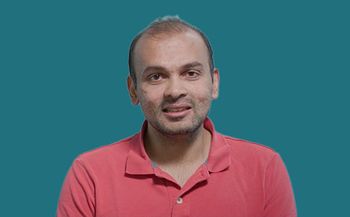
Jainu Jogani, the cofounder of Child’s Cure Genetic Research, discussed his daughter’s rare genetic disease and the need for new treatment options.

Jainu Jogani, the cofounder of Child’s Cure Genetic Research, discussed his daughter’s rare genetic disease and the need for new treatment options.
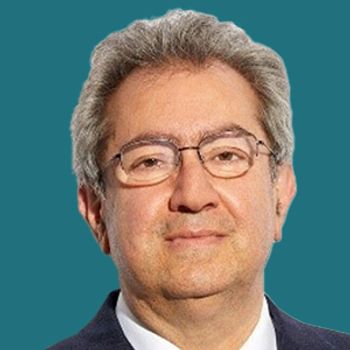
Roger Hajjar, MD, the director of the Mass General Brigham Gene and Cell Therapy Institute, discussed a trend of physicians and scientists working on models to make gene therapy products commercially viable.
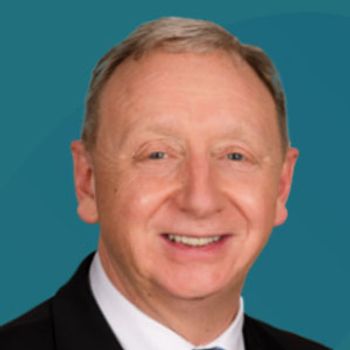
Daniel Galbraith, PhD, the chief scientific officer of Solvias, discussed potential uses for the company’s platform.
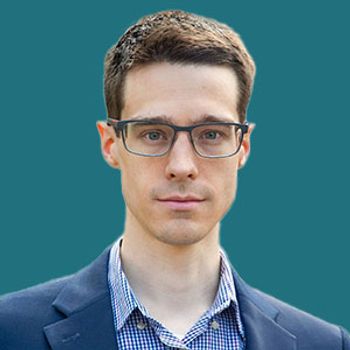
Robert Alexander Wesselhoeft, PhD, the director of RNA Therapeutics at MGB’s Gene and Cell Therapy Institute, expressed optimism for RNA therapy's future.

Alex Wesselhoeft, PhD, the director of RNA Therapeutics at MGB’s Gene and Cell Therapy Institute, discussed the Institute's work in exploring the new modality.
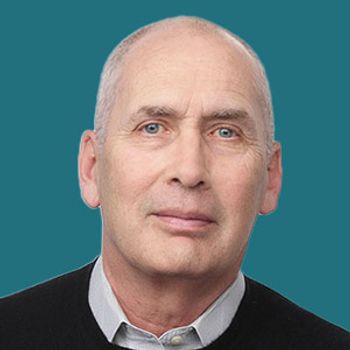
John Murphy, PhD, and Tia DiTommaso, PhD, of Arbor Biotechnologies, discussed ABO-101, the company’s gene therapy for primary hyperoxaluria type 1.
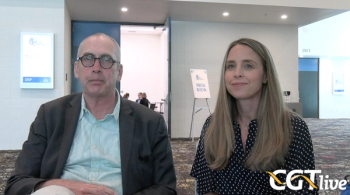
The chief scientific officer and senior director of preclinical pharmacology Arbor Biotechnologies discussed ABO-101, the company’s gene therapy for primary hyperoxaluria type 1.
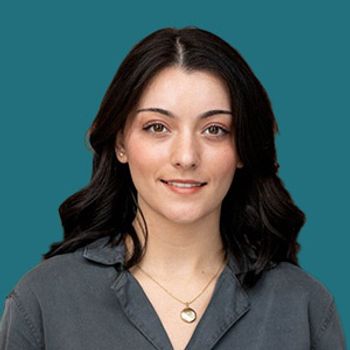
Annaiz Grimm, BS, a research scientist at Seattle Children's Research Institute, discussed the potential use of EngTregs to treat autoimmune disease.
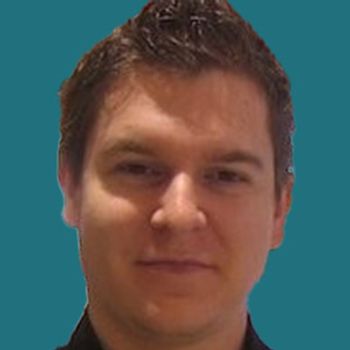
Damien Maura, PhD, a senior scientist at Voyager, discussed the company’s work on developing AAV capsids capable of overcoming patients’ preexisting immunity.
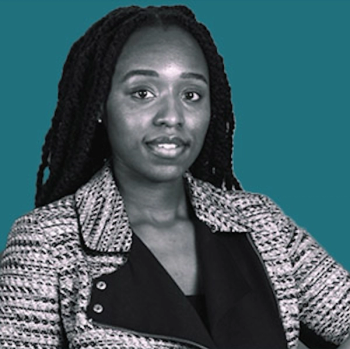
The postdoctoral research fellow at Brigham and Women's Hospital discussed research on focused ultrasound aimed at enhancing AAV delivery across the blood-brain barrier.
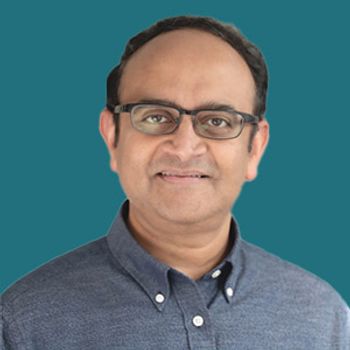
Rajeev Sivasankaran, PhD, vice president of neuroscience at Voyager Therapeutics, discussed preclinical data on the company’s AAV-delivered RNA interference therapy, VY-1706.
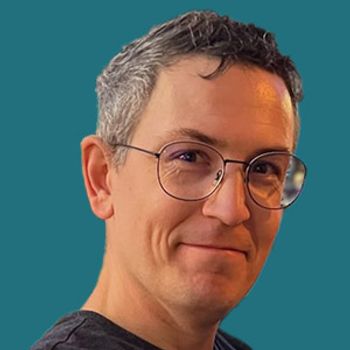
Sven Moller-Tank, PhD, a senior director at Regeneron, also discussed his thoughts on trends in the gene therapy field in general.

Sven Moller-Tank, PhD, a senior director at Regeneron discussed the company’s receptor-driven approach to AAV targeting, leveraging antibody engineering to enhance tissue specificity and reduce off-target effects.
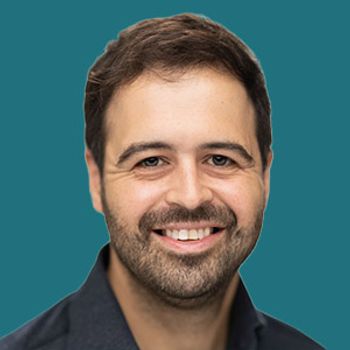
Nathan Yozwiak, PhD, the head of research at the Gene and Cell Therapy Institute at Mass General Brigham, discussed the Institute’s efforts to bring about clinical translation of preclinical work.

Roger Hajjar, MD, the director of the Mass General Brigham Gene and Cell Therapy Institute, also discussed the Institute’s presentations at ASGCT’s 2025 conference.
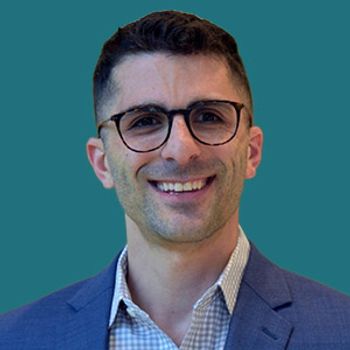
Nicholas Giovannone, PhD, a senior principal scientist at Regeneron, also discussed the problem of preexisting immunity caused by natural exposure to AAVs.

Nicholas Giovannone, PhD, a senior principal scientist at Regeneron, discussed an advanced approach to enabling gene therapy redosing.
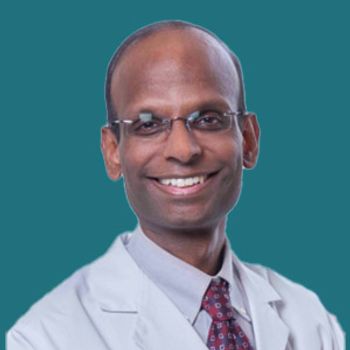
Kiran Musunuru, MD, PhD, and Rebecca Ahrens-Nicklas, MD, PhD, physician-scientists at CHOP, discussed long-term future expectations for personalized gene editing therapy.
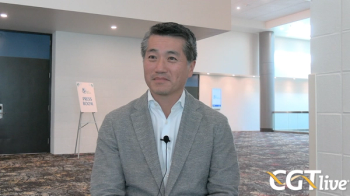
The CEO of Mission Bio also discussed the company’s plans for collaboration.
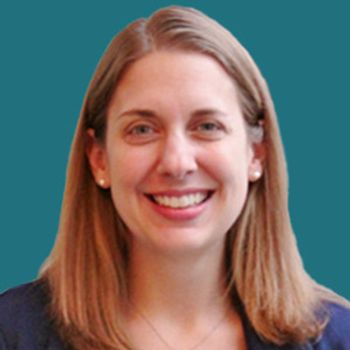
Rebecca Ahrens-Nicklas, MD, PhD, and Kiran Musunuru, MD, PhD, physician-scientists at CHOP, discussed what lies on the horizon after KJ’s treatment with a CRISPR-based gene editing therapy for CPS1 deficiency.

Kiran Musunuru, MD, PhD, and Rebecca Ahrens-Nicklas, MD, PhD, physician-scientists at CHOP, discussed an n-of-1 clinical trial for a CRISPR gene-editing strategy.
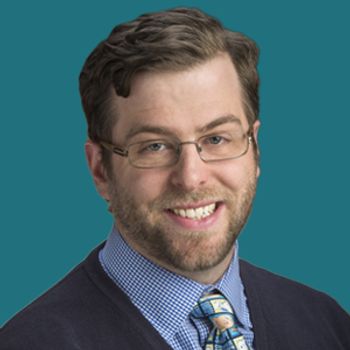
Ben Samelson-Jones, MD, PhD, the associate director of clinical in vivo gene therapy at Children’s Hospital of Philadelphia discussed a case he presented at the American Society of Gene and Cell Therapy’s 2025 meeting.

Nathan Yozwiak, PhD, the head of research at the Gene and Cell Therapy Institute at Mass General Brigham, discussed how innovative research can be held back by financial considerations.

The CEO of Mission Bio discussed the company’s single cell assay platform in the context of the broader developing field cell and gene therapy field.

The data presented came from 3 patients treated in the trial who had a follow-up time of up to 12 months.
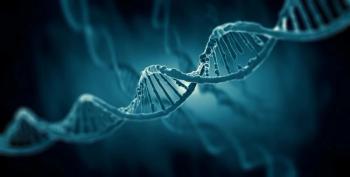
The new data were presented in a poster at the American Society of Gene and Cell Therapy’s 2025 meeting.
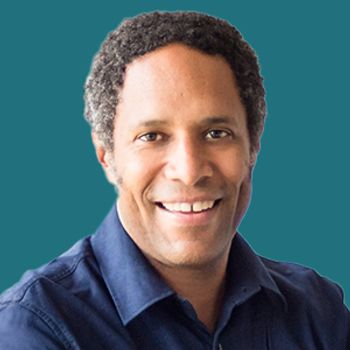
Chris Wright, MD, PhD, the chief medical officer and head of translational research at Ring Therapeutics, discussed research presented at ASGCT 2024.

John Finn, PhD, the chief scientific officer of Tome Biosciences, discussed the company’s pipeline for its new technology.

John Finn, PhD, the chief scientific officer of Tome Biosciences, discussed the company’s technologies in the context of integrative gene therapy and cell therapy.

Daniel Hart, PhD, the senior director and head of technology development at Epic Bio, discussed potential applications of the new technology.